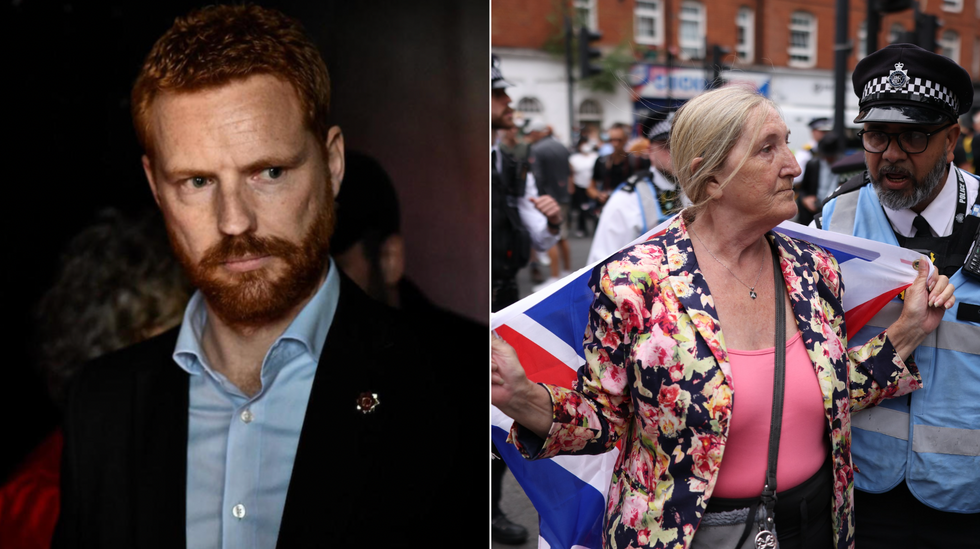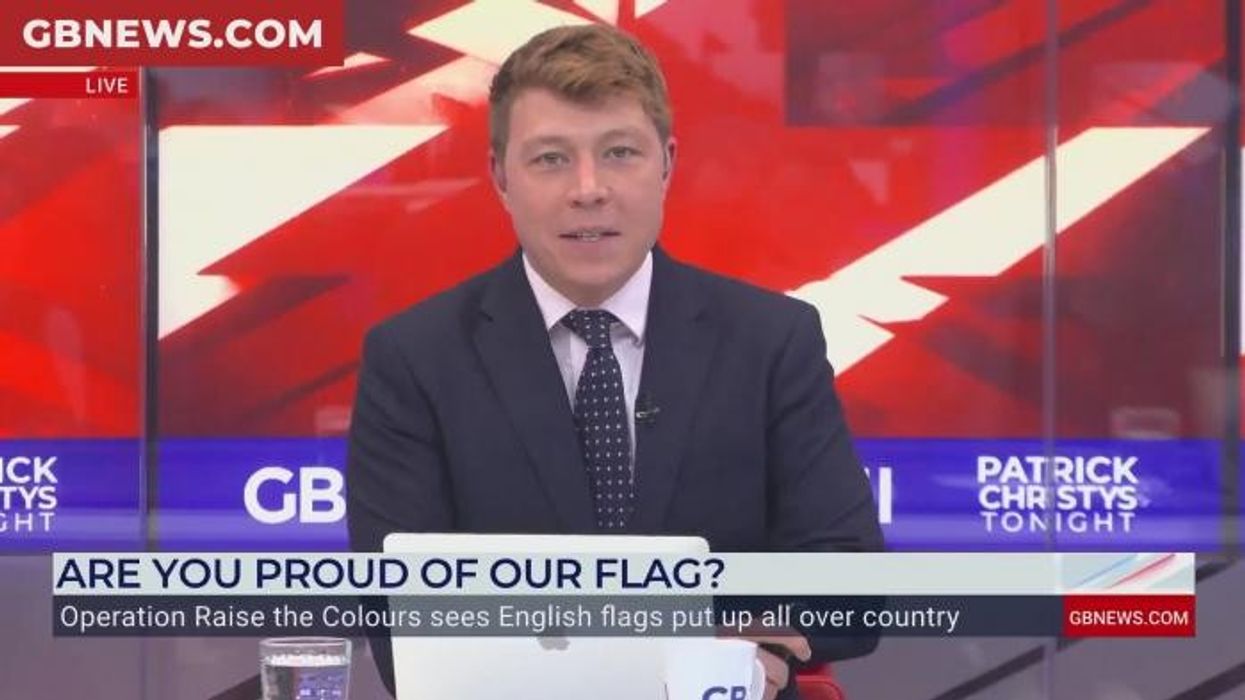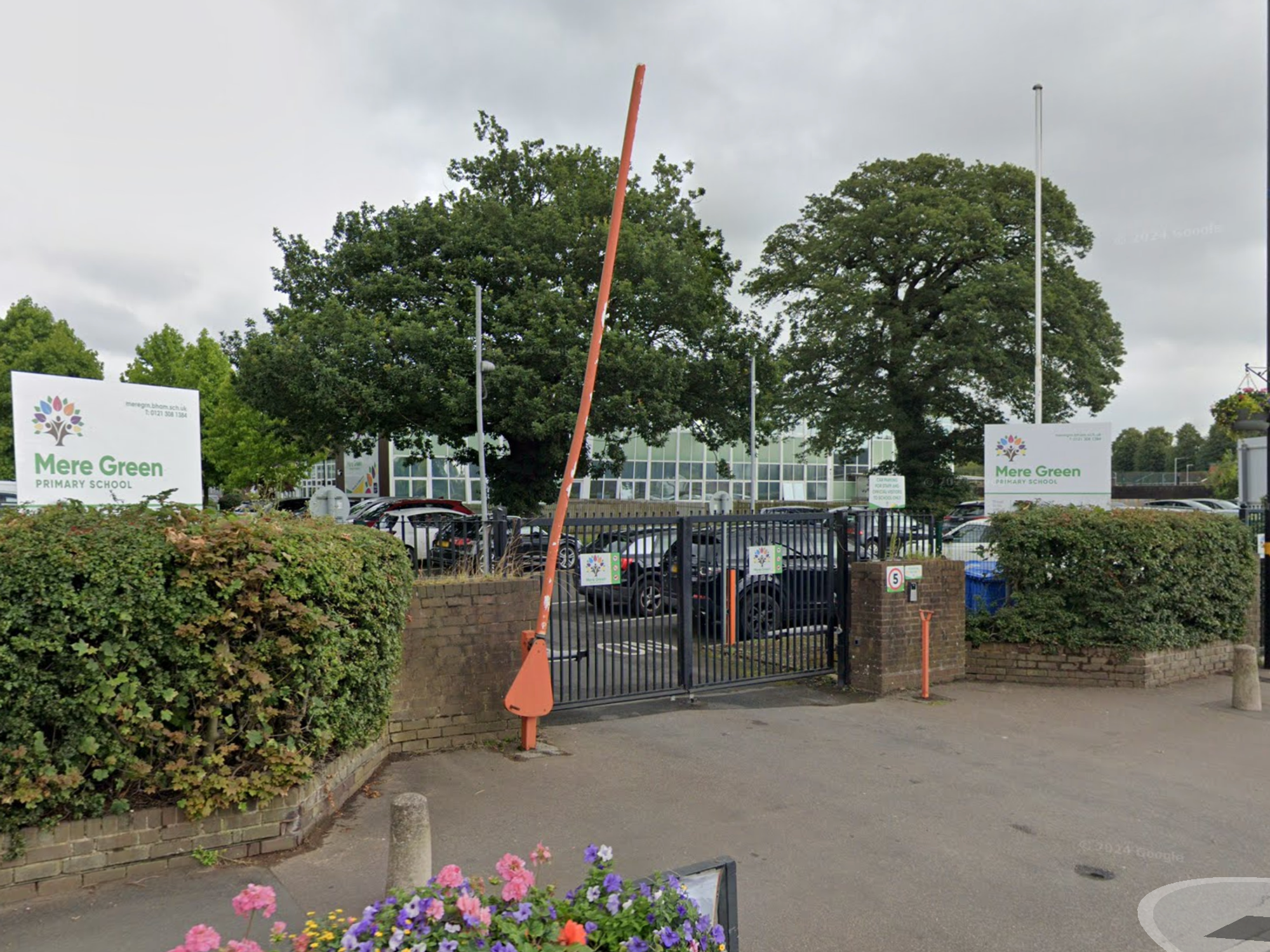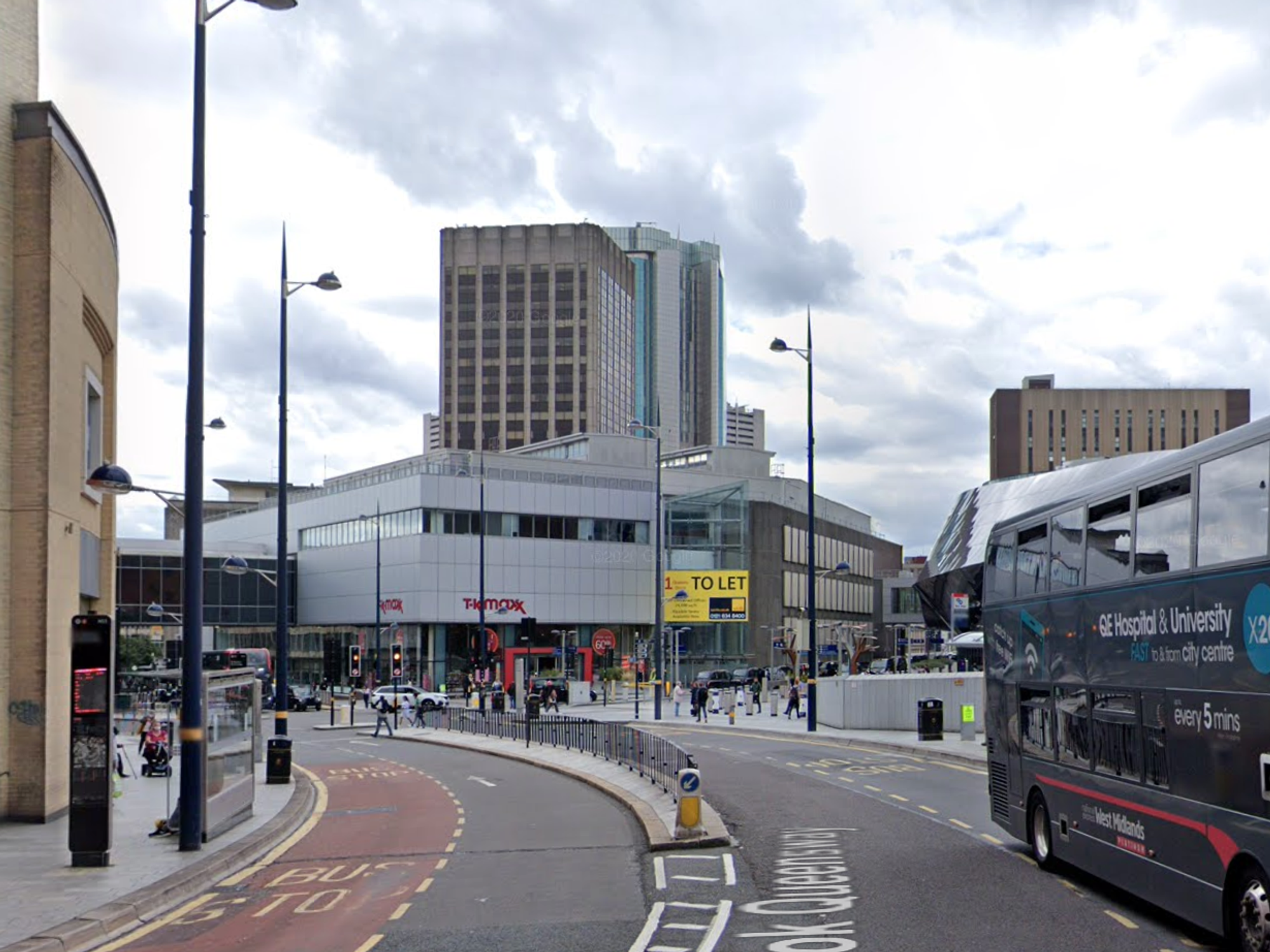The elite's fingerprints are all over the flag row. They hate being reminded of what they did - Paul Embery
Sooner or later, those who felt they had lost most were going to react, writes trade union activist, writer and broadcaster Paul Embery
Don't Miss
Most Read
Trending on GB News
At the weekend, I drove along the A12 through Essex – a route I know well. In the hour or so that I was on the road, I spotted several St George flags hanging from overbridges. I’d never previously witnessed such a spectacle.
And then, driving through a village near my home a couple of nights ago, I saw a flag affixed to a post outside the church. It wasn’t there last week.
Something seems to be happening out there. The ‘Raise the Colours’ campaign has plainly caught the wind.
I don’t think any of us knows for sure where it’s heading, but it doesn’t take an expert to understand where it came from.
Ordinary Britons know that our immigration and asylum system is utterly broken and are exasperated at the failure of successive governments to fix it.
They see that globalisation and open borders have forced rapid – perhaps irreversible – transformation on their communities, and it makes them uneasy.
But it isn’t only that. They have also had enough of ‘asymmetric multiculturalism’ - the unofficial doctrine of the liberal-progressive elite, which decrees that minority nationalities and cultures must always be enthusiastically celebrated while the majority nationality and culture must be downplayed.
This is never said openly, of course. But public policy over recent decades has ensured that this has been the effect.

The elite's fingerprints are all over the flag row. They hate being reminded of what they did - Paul Embery
|Getty Images
Throw in nearly 20 years of economic stagnation, falling living standards, diminishing job security, a chronic housing shortage and failing public services, and you have the perfect storm.
Sooner or later, those who felt they had lost most from these seismic economic and cultural shifts were going to react. The flag crusade is just a part of that reaction.
We also witnessed the blowback via the ballot box with the Brexit vote, and then on the streets after the Southport massacre.
And we see it, too, in the major political realignment that is taking place, with Reform UK’s surge in the opinion polls and its hoovering up of support from significant chunks of the working classes, including voters in traditional Labour strongholds.
The elite class and its outriders among the commentariat hold their heads in their hands, believing that this all heralds a return to the dark days of the 1930s, when fascism was knocking at the door and racial supremacists were on the march.
Their catastrophising has reached hysterical proportions and is quite often laced with invective towards the working class itself.
Witness, for example, a post on ‘X’ which, at the time of writing, has attracted almost a million views and nearly 10,000 likes, reads: ‘The English working class has been so brainwashed by the right-wing media for more than four decades that it completely lacks the critical skills to identify propaganda and imagine a better future.'
What a sneering, contemptuous caricature of working-class people from the commentator (who naturally displays the EU flag in his ‘bio’).
One that paints them as low-IQ dupes with no agency and no ability to form their own opinions on the basis of their personal experiences and powers of reason.
I do wonder how many of those who level such attacks on working-class voters have spent any length of time engaging with them or attempting to understand their lives.
If they did, they would find that these voters are often far more intelligent and nuanced in their opinions than they are given credit for.
I recently had a few tradesmen – a couple of painters and decorators and a carpet fitter – working in my home.
At various points, I fell into talking with each of them about politics. We didn’t agree on everything, but their opinions were plainly thoughtful and considered.
On issues such as Ukraine, immigration and free speech, their arguments challenged establishment orthodoxy – but in a way that was well-informed and subtle rather than obnoxious or crankish.
What came through is that these guys, all of whom had working-class roots, were decent, productive members of society who felt that the political establishment didn’t really care about them or their opinions.
All were tempted by the message of Reform UK. None had a good word to say about Labour. As a person rooted in the labour movement, that saddened me immensely.
It is the alienation felt by people like this that has driven the ‘Raise the Colours’ campaign. The proliferation of flags across the country represents a cry from the forgotten millions. They are saying, ‘Hey, what about us?’
Sure, the far-right will leap on the campaign and perhaps even try to hijack it for its own ends. But it would be a gross error to conclude – as many on the left have already done – that anyone supportive of the initiative must be imbued with extremist politics.
‘Raise the Colours’ does not signify the advance of fascism. Instead, the hoisting of every national flag by an ordinary citizen represents a small act of resistance. And that in itself tells us an awful lot about where we are as a country.











